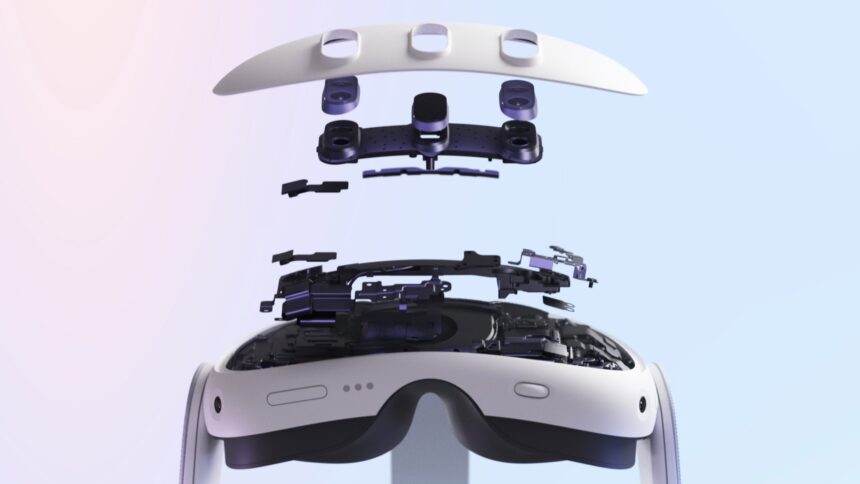Meta’s newest Horizon OS replace for Quest (v76) launched a brand new Battery Saver setting as default, which has led customers to expertise body charge points in apps and video games. Now, Meta CTO Andrew ‘Boz’ Bosworth says the corporate is rolling out a repair and “taking a critical look” at how OS updates are communicated sooner or later.
In a latest Instagram AMA, Bosworth addressed latest consumer complaints a couple of quietly included system default, which routinely toggles a extra aggressive model of Quest 3’s Battery Saver mode.
Beforehand, Battery Saver restricted Quest’s refresh charge to 72Hz, utilized fastened gaze rendering, and decreased brightness to 50%—one thing which might be toggled on within the settings to increase battery life.
The most recent v76 launch of Horizon OS nevertheless features a new model of Battery Saver as default, placing the headset’s refresh charge to 90Hz, however critically capping many video games at a nauseating 45FPS.
If customers have been unaware they may flip off Battery Saver, they’d do not know why the headset hastily determined to behave up, probably even resulting in blame falling on particular person builders for poor optimization.
PSA: To disable Battery Saver on Quest 3, navigate to the “Energy” settings inside the “System” menu within the settings app. Then, toggle off the “Energy Saving Mode” possibility.
Notably, many Quest apps don’t use Utility Spacewarp (AppSW), which some older titles applied to easy out low framerate stutter by producing artificial frames between actual frames, successfully doubling the perceived body charge.
Bosworth says Meta is “rolling the repair out for that.” He additional notes that whereas the standard staggering of Horizon OS updates “helps us establish regressions sooner,” the corporate may “do higher on documentation” in terms of patch notes. Because it stands in the present day, iterative Horizon OS patch notes are pretty paltry, typically instances solely together with a couple of line objects with out a lot rationalization.
Right here’s the total transcript of Bosworth’s remark beneath:
Yeah, good dialogue and suggestions from builders this final week on the steadiness and adjustments that we’re making in our rollouts, ensuring that these are increased high quality than they’ve been.
I believe it’s nice suggestions. We’re taking it severely for the battery saver concern. We’re rolling the repair out for that.
And extra usually, I don’t suppose it’s the case that we’re rolling issues out too shortly. I do suppose it’s simply the case that we’ve received to have a stronger set of processes in place for high quality management earlier than issues exit the door, which we’re doing.
We’re taking a critical have a look at this. We’re spending time on it. So we respect the suggestions as at all times from builders. We take it severely. That’s our duty. These are our errors. And we’re going to repair them.
And we perceive that this isn’t informal. That is individuals’s livelihoods and time spent on the road that issues a ton within the expertise that buyers have of individuals’s software program.
So yeah, taking that severely. We’re doing the work. I believe staggering issues helps as a result of staggering issues truly helps us establish regressions sooner. However I agree we may do higher on documentation too.











